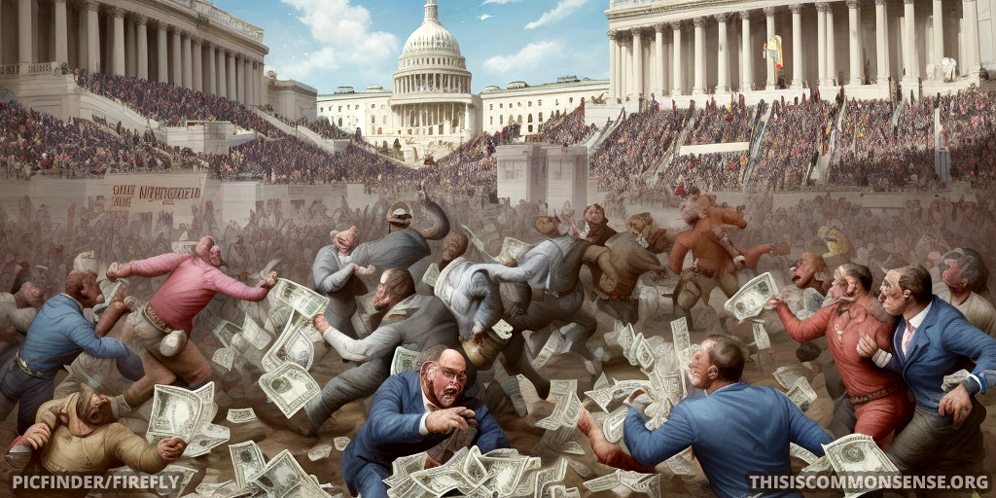There’s good news about inequality?
In late March, George F. Will argued that the truth about inequality in America, according to his op-ed title, is “awkward for the left and right.”
He points to the reality of transfer payments in the United States.
Ignoring that reality is what leads to awkwardness.
On the left, critics of capitalism portray low-income earners as a growing class of the impoverished . . . and high-income earners as a growing class of filthy rich.
But by “not counting about 88 percent of government transfer payments that enlarge the buying power of lower-income households, and not counting taxes that lower the wealth of higher-income households, government statistics purport to prove that the average income in the top quintile of earners is 16.7 times that of the average in the bottom quintile. Counting transfers and taxes, however, the actual ratio is 4 to 1.”
So leftists ignore the “successes” of the very system they set up, the better to complain and demand more of what has already been done.
But what do rightists ignore?
That’s where Mr. Wills’s Washington Post editors (a class of professionals who usually determine titles and blurbs) may have given us the wrong impression. Most of his column explodes leftist interpretations of contemporary reality. But he does talk about “the populist right,”: the “national conservatives” who mimic the progressive left in favoring “industrial policy” that, he notices (as I’ve noticed here at Common Sense) “regressively funnels money upward to corporations.
“The populist right advocates protectionism (tariffs to shield corporations from competition), and the populist left advocates hundreds of billions of dollars of subsidies (for semiconductors, electric vehicles, solar panels, etc.).” Both favor the rich when it comes to regulations, while complaining about the rich in other contexts.
A poor way to help the poor.
This is Common Sense. I’m Paul Jacob.
Illustration created with PicFinder and Firefly
—
See all recent commentary
(simplified and organized)

4 replies on “Awkward for Ideologues?”
Within my lifetime, the doctrine that material inequality is an ill was reduced simply to dogma.
Earlier, a need was felt for an argument. And I would encountered two. The first argument was a claim that material inequality impeded growth, but this argument was advanced by a combination of hand-waving and invocations of correlations, which invocations don’t attend to the actual economic orders of the slower-growing and more stratified nations. The second argument combines the naïve presumptions of Utilitarianism with the idea of diminishing marginal utility; the presumptions of utilitarianism have long been known to be dubious, and have more recently shown to be empirical false.
But at some point, the narrative from the commanding heights of culture simply began treating the idea that material inequality were bad as-if just obvious, so that no argument were needed at all.
Seems to me that the primary purpose of tariffs is to fill government coffers rather than shield corporations from competition. The effect of tariffs is higher retail prices – essentially a hidden national sales tax on imported goods.
By the way, when labor demand is inelastic, income taxation causes an increase in pre-tax income; and, when labor supply is inelastic, transfer payments cause a decrease in pre-tax income. The costs of a tax are shared between buyers and sellers, in the form of price increase; the benefits of a subsidy are shared between buyers and sellers, in the form of a price decrease. Just how much each loses from the tax, or gets from the subsidies, is a reflection of how elastic (sensitive to price) are supply and demand.
So a “CEO tax” is often really mostly paid by stockholders, who have to crank-up pre-tax income to give their employee the post-tax income that he or she requires. And some firms pay artificially low wages and still hold-onto employees who get benefits from the state.
Thanks for the article. Inequality is necessary in a free society. The more you try to remove inequality, the more you will remove individual freedom.